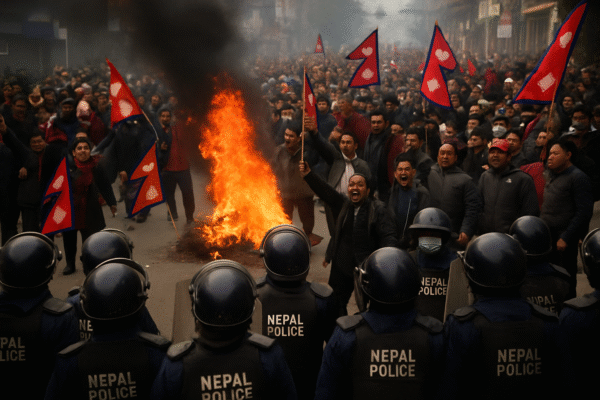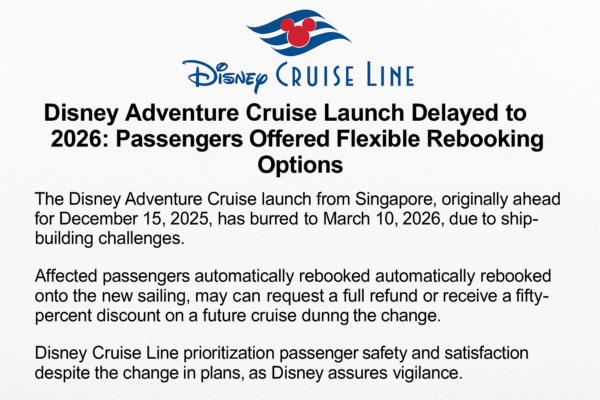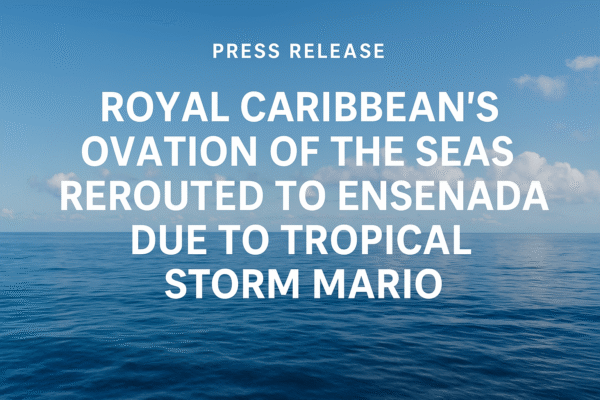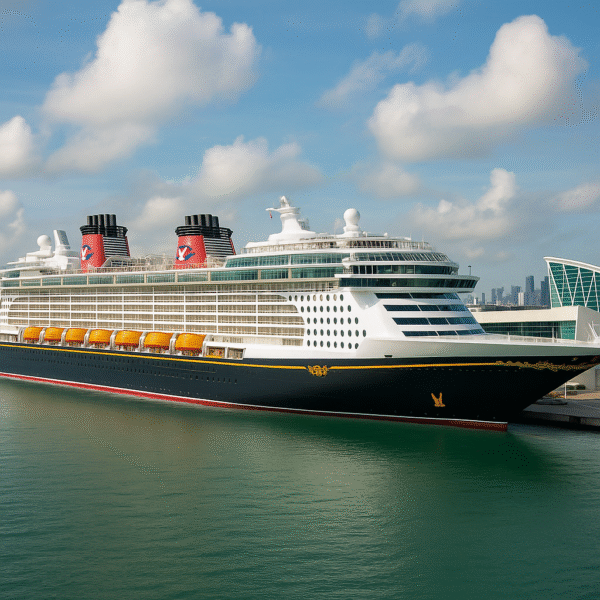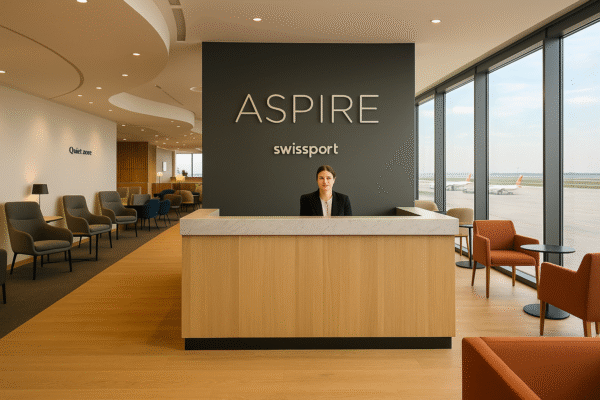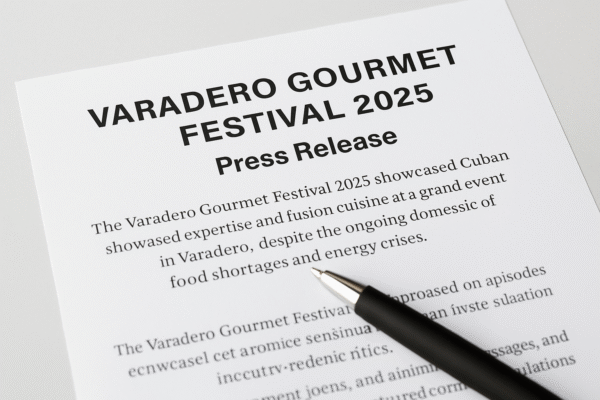From September 11 to 13, 2025, the Varadero Gourmet Festival returned to the Plaza América Convention Center with its theme “Flavors Without Borders.” Designed to position Cuba as a rising culinary destination in the Caribbean, the event gathered chefs, sommeliers, and food experts from Cuba, Spain, France, Italy, and across Latin America. Workshops, cooking competitions, and cultural exchanges aimed to spotlight Cuban culinary traditions while weaving in international influences.
Yet behind the glamour of plated artistry and gourmet tastings lies a striking contrast. The celebration unfolded while millions of Cubans continue to grapple with food shortages, economic struggles, and recurring power outages. This divide between the festive atmosphere of Varadero and the hardships faced by ordinary citizens underscores the complexities of Cuba’s tourism strategy.
Showcasing Cuban Culinary Identity
The 2025 edition of the festival emphasized Cuban identity as a core part of its programming. Highlights included:
- Fusion Workshops: Sessions such as “Two Kitchens: Cuban and Spanish and Their Fusion” and “Inclusive Gastronomy: Delights to Share” celebrated the blending of cultures through food.
- Casabe Demonstration: Experts revived the art of making casabe, a traditional cassava flatbread that has been a staple for centuries.
- Franchise Promotion: The festival introduced the International Workshop on Cuban Tourist Franchises, featuring brands like La Bodeguita del Medio and Floridita, both iconic names linked to Havana’s heritage.
The event painted a picture of Cuba as an innovator in gastronomy while leveraging its rich cultural traditions. For international visitors, it offered an opportunity to experience Cuban cuisine in a vibrant, world-class setting.
Tourism Ambitions vs. Public Realities
Cuba’s Deputy Minister of Tourism, Adalberto Venero Lemus, described the festival as central to the country’s tourism recovery strategy. While his remarks emphasized the need for public support, many Cubans viewed the event as detached from their daily struggles.
Power blackouts remain a near-constant issue. In 2025 alone, Cuba faced its fifth nationwide outage, leaving an estimated 10 million residents without electricity. For many households, charcoal and wood have replaced electric appliances for cooking. Against this backdrop, a culinary festival featuring luxury ingredients and international collaborations has sparked debate about government priorities.
Food scarcity compounds the challenge. Production of pork, rice, eggs, and root vegetables has declined sharply due to aging infrastructure, shortages of livestock feed, and lack of farming inputs. Families endure long queues for essentials, and some go without meals altogether. The celebration of gourmet dining stands in stark contrast to these realities.
Tourism Industry Facing Economic Strain
The Cuban government continues to promote international events as a way to attract visitors and foreign revenue. However, tourism investments have dwindled. In 2025, only 4.7% of Cuba’s total investments went into hospitality, a steep decline from 11.3% in 2024.
For tourism to genuinely thrive, analysts argue, it must be supported by a foundation that addresses Cuba’s economic and social issues. Otherwise, the gap between luxury-focused events and everyday hardships risks undermining the sector’s credibility.
Public Sentiment: Growing Frustration
Many Cubans see the Varadero Gourmet Festival as a symbol of disconnect between government ambitions and citizen needs. While foreign guests savor fusion dishes and cultural showcases, ordinary Cubans confront empty shelves and unstable power supply. Critics note that promoting “fusion cuisine with a Cuban soul” feels hollow when families struggle to afford staples.
The divide reflects broader tensions: on one hand, Cuba seeks to present itself as a luxury destination for international tourists; on the other, it faces mounting discontent from citizens who feel excluded from the benefits of these efforts.
Upcoming Tourism Events in Cuba
Despite criticism, Cuba is moving forward with a packed calendar of tourism events:
- International History and Heritage Tourism Event – “Loyal to Heritage”
November 11–16, 2025 (Havana, Matanzas, Trinidad)
Focuses on Cuba’s role as a “Living Heritage of the World,” with tours and cultural showcases. - Cuba International Tourism Fair (FITCuba) 2026
April 2026, Varadero
Dedicated to promoting sun-and-beach tourism, FITCuba is the nation’s largest annual tourism event. - Cuba International Health Tourism Forum
Date TBA, Havana
Seeks to position Cuba as a hub for medical and wellness tourism, featuring healthcare professionals and operators.
These initiatives highlight Cuba’s efforts to diversify its tourism offerings—from culture to wellness—while competing for international attention.
Striking a Balance Between Image and Reality
The Varadero Gourmet Festival successfully spotlighted Cuba’s culinary creativity and cultural richness, reinforcing its reputation as a Caribbean destination with unique offerings. For visitors, the event was a celebration of flavors, artistry, and heritage.
But for many Cubans, the festival symbolized a deeper issue: the widening gap between international image-making and local reality. Events of this scale can help attract visitors and foreign exchange, yet they also raise pressing questions about inclusivity and fairness.
Conclusion: Building Sustainable Tourism
The Varadero Gourmet Festival 2025 revealed both Cuba’s aspirations and its contradictions. On one side, the event showcased innovation in gastronomy, highlighted Cuban traditions, and invited international collaboration. On the other, it drew attention to the persistent issues of food shortages, energy crises, and strained living conditions.
For Cuba’s tourism industry to thrive sustainably, it must balance international promotion with policies that support the wellbeing of its citizens. Festivals like Varadero can play a role in elevating Cuba’s global profile, but unless the benefits extend beyond the convention centers and luxury venues, the disconnect between celebration and daily life will remain stark.
Cuba’s potential as a tourism powerhouse is undeniable, but its success will ultimately depend on whether growth in the sector translates into tangible improvements for its people. Only by narrowing this gap can Cuba ensure that its future in tourism is not just celebrated abroad but also embraced at home.
For more travel news like this, keep reading Global Travel Wire







